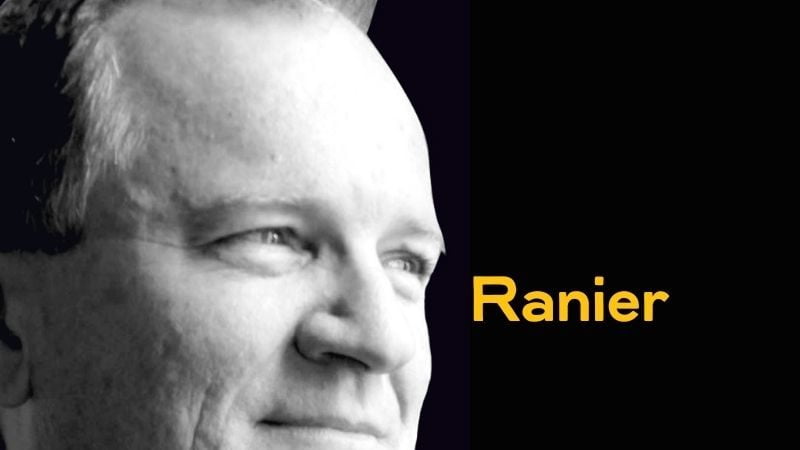The Court has thrown out four libel suits brought against two journalists, Matthew Caruana Galizia and this website’s editor, Caroline Muscat. The immediate interest of the decision is obvious — the two have been vindicated — but there is also a long-term interest so profound that it should change how we view what’s acceptable in public discourse.
Here’s a brief recapitulation of the case. When the Slovak investigative journalist Jan Kuciak was assassinated in 2018 (together with his girlfriend), he was investigating one of Slovakia’s richest men, Marian Kocner, on grounds of money laundering and tax evasion. An important thread was two Malta-based shell companies set up by Christian Ellul and Karl Schranz (E&S Consultancy Ltd).
In 2019, Muscat published an article showing the connection. Caruana Galizia tweeted a link to the article while asking if arrests were going to take place in Malta, as had taken place in Slovakia. Both of them were sued by Ellul and Schranz’s consulting company (and Caruana Galizia also by Ellul and Schranz individually).
Muscat was sued for her journalistic work. Caruana Galizia was sued for his opinion, which could have been expressed by a non-journalist. In its judgment, the Court has affirmed criteria that protect journalism as well as ordinary citizens expressing opinions on public affairs.
Magistrate Rachel Montebello relied on well-established principles in UK jurisprudence, but they’re not well-established in Malta. They are routinely disregarded by politicians and their minions when targeting journalists who investigate them.
These judgments are therefore crucial lessons in democracy, three of them in particular.
First, in the process of declaring that Muscat’s article was in the public interest, the Court defined responsible journalistic standards. Serious investigations are defined by the nature, sources and status of the information used, and the measures taken to verify it and represent the relevant points of view.
There will always be room to argue over how information is presented, but Courts should avoid second-guessing editors.
In Malta, of course, real investigative journalism has often been dismissed as driven by ill-will and spite. Daphne Caruana Galizia was called a “witch” to discount her investigations as little more than a witch’s spiteful curse.
When Muscat’s investigations into the Vitals Global Healthcare deal were quoted in the demand for a magisterial inquiry, three Labour ministers pooh-poohed her as someone driven by anti-Labour malice. And yes, she’s been called a witch, too.
But Montebello’s judgement shows that what defines “malice” is not ill-will or spite. It’s bad faith — offering as truth something that one doesn’t really believe is true. Journalistic malice is to be found in propaganda masked as news, and in the suppression of news.
The second lesson from the Court’s judgements concerns the public interest. In a country where the government conflates the public interest with “what the people want”, the Court defined it the same way any functioning democracy does.
The public interest is independent of what electoral majorities say. The public interest is served by investigating anything that is relevant to the proper administration of government, economy and justice.
Investigating corruption, cheating, serious crimes, and misconduct by politicians, the police and corporate interests — it’s all in the public interest even if the majority doesn’t care.
Just as all lawyers are officials of the Court, all journalists should be servants of the public interest. If an investigation is to be dismissed, it should be on journalistic grounds.
Henceforth, if a politician or political party attempts to dismiss an investigative journalist as simply a political opponent, they should be called out as disgracefully undermining the public interest.
The third lesson from the Court is radical. It endows the Maltese public sphere with reason. The Court’s standard — for evaluating whether a report or opinion is defamatory — is what a reasonable person would make of it. Not a troll, not an excitable person, but a reasonable one who is aware of how things should function.
In Western Europe, to say these things is to spout a truism. In Malta, however, it reveals the extent of the betrayal of the PBS newsroom.
Reasonableness — as anyone who’s had to deal with infants knows — is not something we’re born with. We learn it from others who are exemplars.
When PBS suppresses events of news value, or does not discuss them, it’s not just betraying its duty to serve the public interest. It’s also stunting the formation of a public that knows how to make reasonable judgements about its interest. It undermines the very foundations of what makes a vibrant democracy possible.
Any witch can cast a wicked spell. It takes a special witch to break such a spell and awaken its victims to an awareness of their proper interests.













Another very interesting article that should be read and teach us what is wrong with our Country.
Freedom of speech limited to be praise for government’s motto. The best in Europe!!!
Anything that goes against this is no longer freedom of speech, but libel.
“But Montebello’s judgement shows that what defines “malice” is not ill-will or spite. It’s bad faith — offering as truth something that one doesn’t really believe is true. Journalistic malice is to be found in propaganda masked as news, and in the suppression of news.”
Hence Simon Mercieca
An important development in defining freedom of speech – let’s see if the Government abides by it!